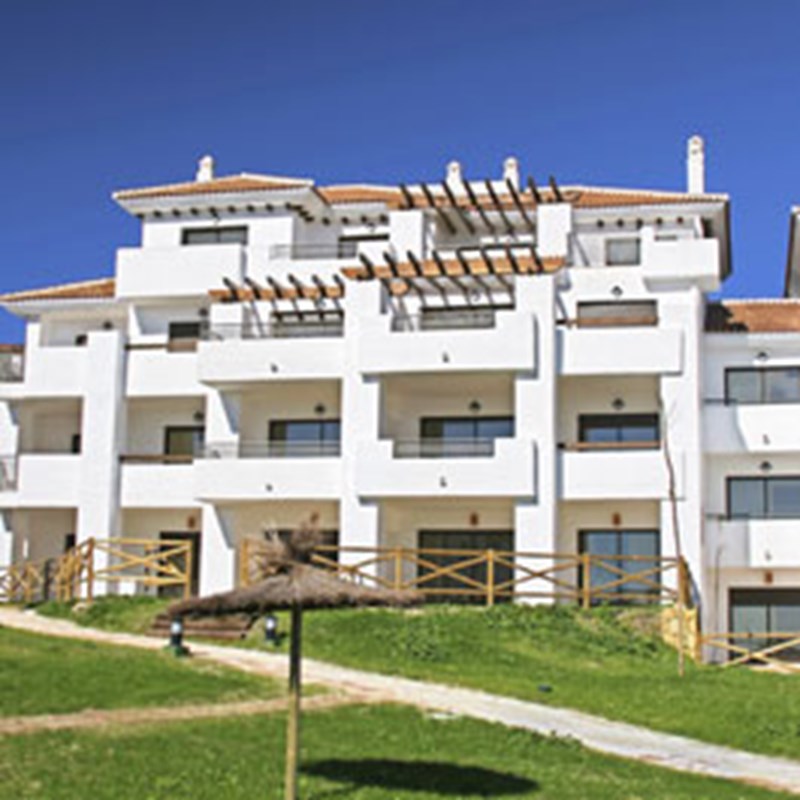
Who owns my late mother's villa?
After 20 enjoyable years on the Costa Blanca, my mother recently passed away. The villa she lived in was in her name but she hadn't made a will, so I am now in a bit of a quandary as to who actually owns it. I have no siblings and the only other family my mother had is a younger sister who is still alive, living in the UK. Understandably, I want to ensure all the necessary paperwork is in order. My intention is to keep the property for holidays with my family. Any advice as to what I should do next would be very welcome.
The case that you have described gives rise to two separate issues. Firstly we must analyse which is the law applicable to your mother's succession and secondly, after establishing this point, we must investigate how this particular law applies to your case.
In order to establish which law applies to your mother's probate, we must consider two things: your mother's nationality and the location of the property. I assume that your mother was a United Kingdom citizen. Although Article 9 of the Spanish Civil Code states that when a foreigner, owning Spanish property, dies the disposal of any Spanish assets will be governed by the law of the country of nationality, this rule is applicable only if that person has left a valid foreign will.
On the other hand, if he or she dies intestate, i.e. not having left a valid will, Spanish law will be applied to her assets in Spain (Article 10 paragraph 1 of the Spanish Civil Code). Having established this, we must consider the rules that should govern your mother's probate.
It is my opinion that in this case, Spanish intestacy rules apply to your mother's case. Therefore, it is the Spanish Civil Code, which determines who the heirs are. In particular, Article 913 of the "Codigo Civil" states that in a case of intestate succession, the deceased's estate passes to the children in equal parts.
Please note that if the deceased passes away without a spouse, the children receive the whole estate and the other possible heirs (such as parents or brothers and sisters) are taken into consideration only if the deceased leaves no issue. If your mother's probate has not yet been duly carried out, you may wish to instruct my firm to deal with this matter.
Please also note that under Spanish law, in order to become entitled to the deceased's estate, the potential heir must state whether he or she intends to accept the estate or not. In fact, once accepted, the heir becomes entitled to a share of the deceased's estate, but he or she will also become liable to any financial liability attached to his or her share. Therefore, the potential heir can "purely and simply" accept the inheritance or accept it with the benefit of making an inventory on the deceased's estate. If the estate accounts of the deceased reveals more liabilities than gains, then the potential heir can simply renounce his or her share of the estate.
This is just a brief overview and as suggested above, you can come to us to seek professional help from one of our qualified Spanish abogados, in order to ensure that all the paperwork is properly handled and that your rights are duly protected during the administration of your mother's probate.

